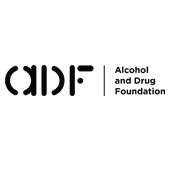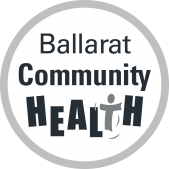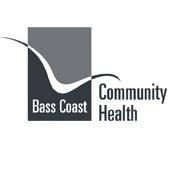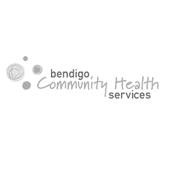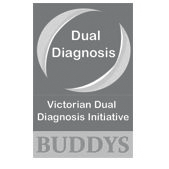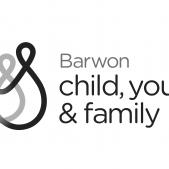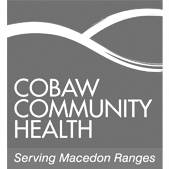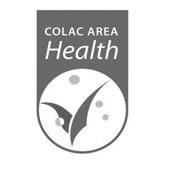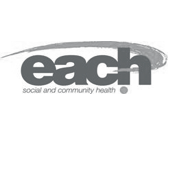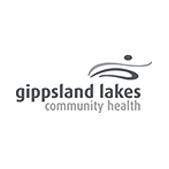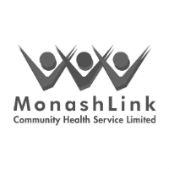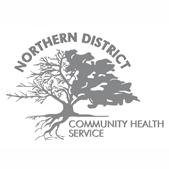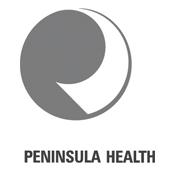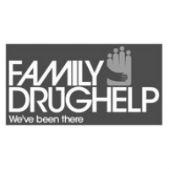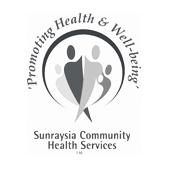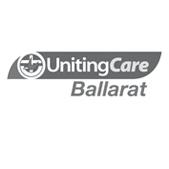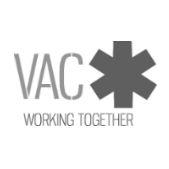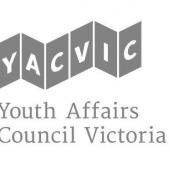Talking About Trauma - Coping Strategies
Back to Articles
Youth AOD Work
4 Top Tips for Talking About Trauma
A significant portion of young people accessing drug and alcohol services have experienced trauma of some sort. So understanding how to respond is crucial.
Whilst AOD workers are often cautious about further traumatising young people by rehashing painful experiences, there are instances where the reality of trauma is unavoidable.
Here are 4 top tips for talking about trauma.
- Acknowledge - Recognise the difficulty and courage it requires to talk about trauma. Young people’s use of substances to manage distress. The strengths, resources and survival skills that have got them to where they are now.
- Assure - Young people should not be expected to talk about anything they are not comfortable with. Assure them that they should only disclose at a time and in a place that feels safe for them. Commend them for practicing good self-care if they choose not to share.
AOD workers are often cautious about further traumatising young people by rehashing painful experiences
- Ask - How their trauma is affecting them now. This could include the negative and positive impact, such as increased resilience or empathy for others or problems with relationships or substance use. Focusing on the present and tackling the issues at hand may seem more manageable than dealing with ‘all that right now’.
- Allow - The young person to be themselves. Be respectful of cultural differences that may impact on the way they talk about trauma. Allow some time towards the end of the session to check in with the person and see if they’re okay.
These tips have been reprinted with permission directly from VAADA's trauma prompt cards for workers. For more info and to find out how to get hold of these cards, contact VAADA. Also check out the Trauma Informed Care Module in the Youth AOD Toolbox.
